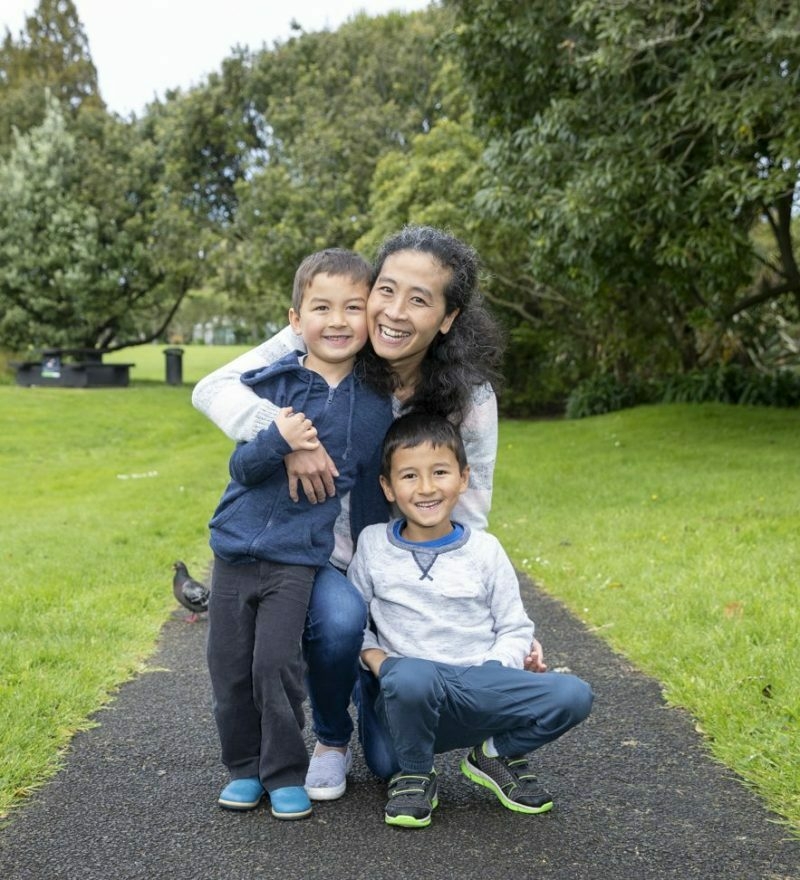
Improving the efficacy of TeeVax, New Zealand’s most promising vaccine for strep A infections
TeeVax has the potential to be an effective vaccine against most strains of Group A Strep
New Zealand has the highest rates of acute rheumatic fever (ARF) and serious Group A Strep (GAS) disease, which predominately affects Māori and Pacific Island children. Our rates of ARF, which is linked to GAS infection, rival those seen in developing nations.
The rate of new cases of acute rheumatic fever each year ranges from 23 to 63 per 100,000 for Māori and Pasifika 5-to-12-year-olds. Globally, GAS is one of the top 10 causes of death by a single infectious agent. It’s responsible for 500,000+ deaths every year.
A vaccine against GAS infection is a global priority
Vaccinating children against Strep A infections is an ongoing global health research priority. A vaccine against GAS infections would improve the health and wellbeing of New Zealand children, reduce health budget costs and limit the spread of antibiotic resistance from over-prescription of penicillin.
Dr Jacelyn Loh and her University of Auckland team have a promising vaccine called TeeVax under development. Their research involves using innovative vaccine-boosting compounds to increase the effectiveness of TeeVax. Data suggests that TeeVax has the potential to be an effective vaccine against most strains of GAS.
We're proud to support this quest for a vaccine
A Cure Kids grant is enabling Dr Loh and her team to continue their work on TeeVax. The team has developed the feasibility to move TeeVax into clinical trials within the next five years.

Help fund our big research.
Every bit helps.
